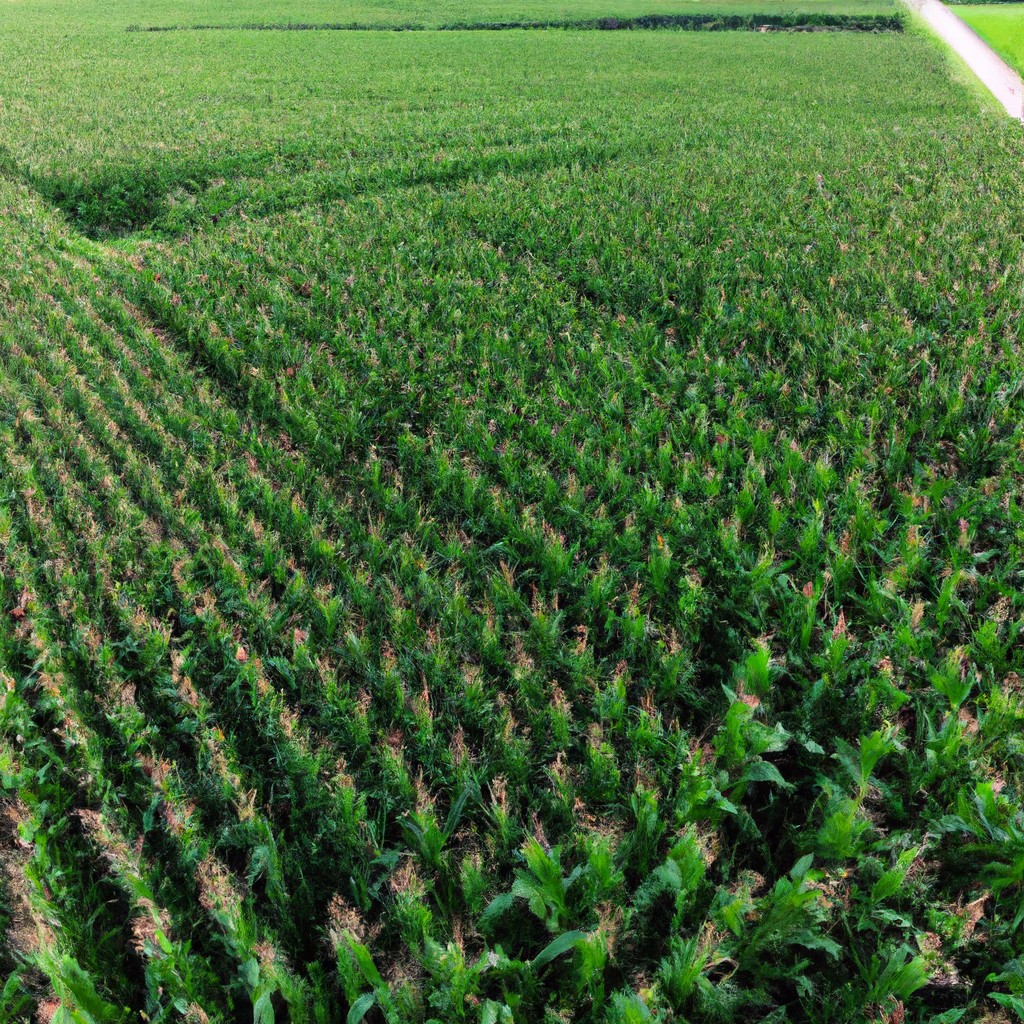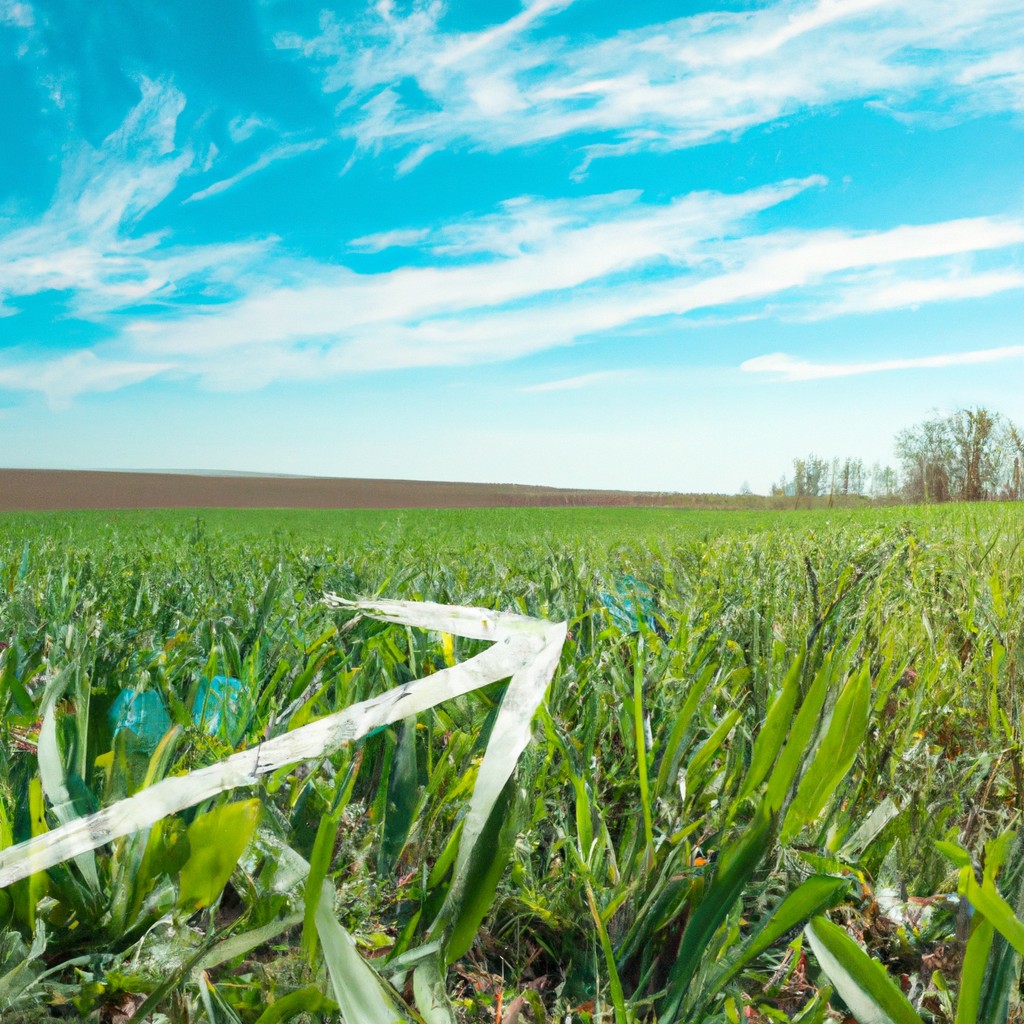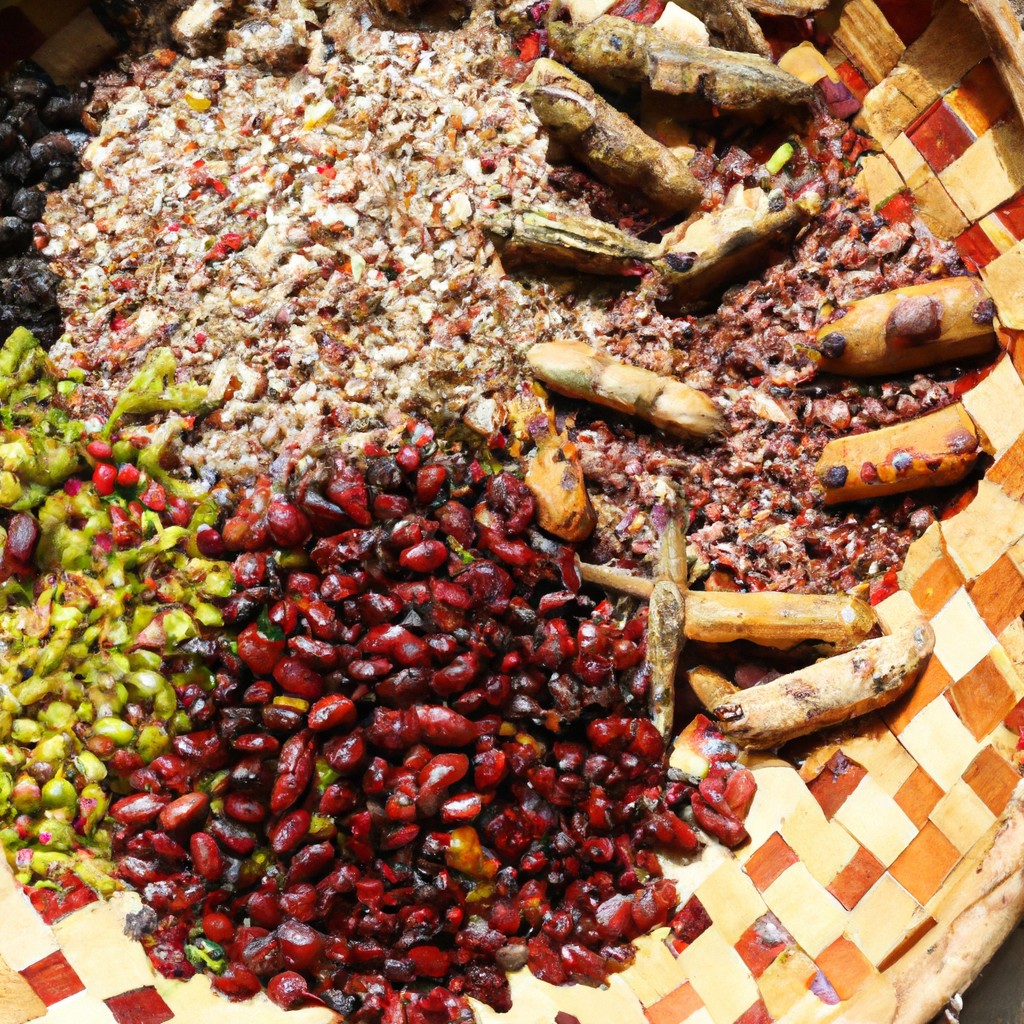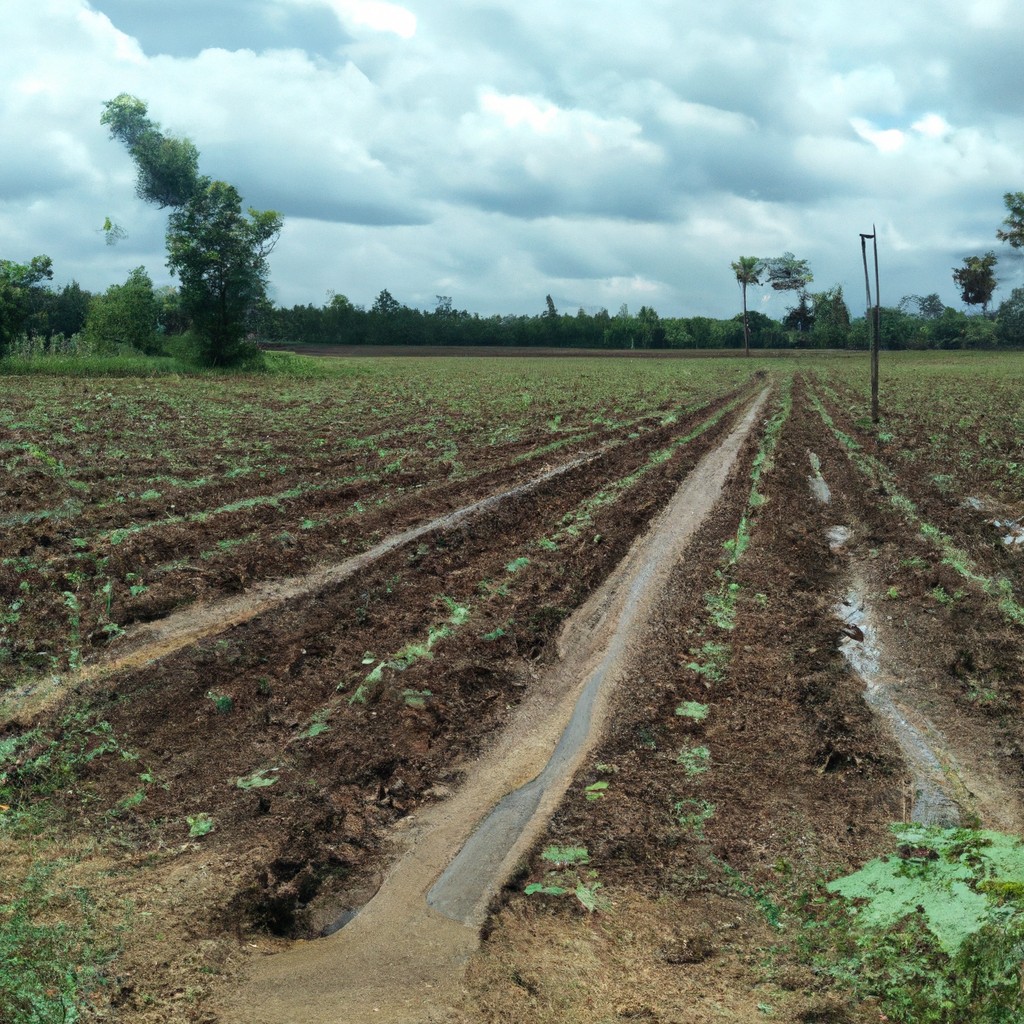Are you considering a major in agriculture? This article will outline the various agricultural majors available, their potential career paths, and the fundamental skills you’ll gain.
Look Inside:
Overview of Agriculture Majors

Agriculture majors span a broad spectrum, preparing students for a variety of roles in the farming and food production industries. These programs encompass the study of plant and animal sciences, agricultural economics, and environmental sustainability. Here are some key components:
- Core Sciences: Expect to dive into biology, chemistry, and environmental science, which are essential for understanding the complex nature of agricultural ecosystems.
- Applied Practices: Practical skills in crop management, animal husbandry, and sustainable farming techniques form an integral part of the curriculum.
- Technology Integration: Modern agriculture is tech-savvy. From precision farming to drone technology, students learn how digital tools can boost efficiency and reduce environmental impact.
- Business Acumen: Given that farming is also a business, courses in agricultural economics, marketing, and management are crucial.
Students are equipped not just with the theoretical knowledge needed to understand agricultural systems but also the practical skills to implement sustainable and profitable agricultural practices. This blend of science, technology, and business ensures graduates are well-prepared for the demands of the industry.
Types of Agriculture Degrees
Diving into the academia of agriculture can sometimes feel like you’ve plopped a straw into a kale smoothie—there’s a lot to suck up! Fortunately, the variety in degrees offered caters to a host of appetites, whether you’re more a farm-fresh or tech-trendy flavor enthusiast.
Starting with the Associate’s degree, think of it as the appetizer of academia. It’s a two-year program that skims the surface of soil science, animal husbandry, and basic agribusiness principles—a perfect teaser if you’re test-driving the ag-life.
For a deeper dig, a Bachelor’s degree can be your main course. It spans four years and often allows you to specialize in areas such as agricultural economics, crop science, or sustainable agriculture. This degree fills your platter with a richer understanding of the field and prepares you for either professional work or further academic seasoning.
Craving something even more fulfilling? Graduate degrees like a Master’s or a PhD let you cherry-pick a niche. Whether it’s agroecology, agricultural engineering, or something as cutting-edge as precision farming, these programs allow you to cultivate expertise and perhaps even contribute new knowledge to the field.
Each degree elevates your understanding and skills, planting you firmly on the ground for a thriving career in agriculture. So, pick your path and let the learning begin!
Career Opportunities in Agriculture
Agriculture isn’t just about planting and harvesting; it’s a gateway to a plethora of cool, diverse job possibilities. Who knew the world of dirt and crops could offer something to suit every personality, right?
For those inclined towards technology, precision agriculture specialists use GPS and IoT technologies to make farming more efficient and sustainable. Imagine playing a farming simulator, but in real life!
If you’re more into the business side of things, agricultural economists analyze data and trends to help farms and agricultural businesses thrive. It’s like being a fortune teller, but for the food market!
Those with a passion for science might dive into genetic engineering, developing crops that can resist pests and endure climate change. It’s kind of like being a superhero, but with a lab coat instead of a cape.
And let’s not forget sustainable farming consultants who advise farmers on methods to reduce environmental impact. They’re the eco-warriors of the soil, ensuring we all have a greener tomorrow.
All these roles are critical as agriculture evolves, blending tradition with innovation to feed the planet. Who said farming was just about old tractors and scarecrows?
Emerging Trends in Agriculture Education
As technology and sustainability reshape our world, agriculture education is not staying behind on the haywagon. Here are a few refreshing trends sweeping through the fields of academia:
Virtual Reality (VR) and Augmented Reality (AR): Imagine students doing a virtual tour of a farm in Brazil or learning about soil composition through augmented overlays—cool, right?
Precision Agriculture: Fueled by GPS and IoT (Internet of Things), this approach allows students to learn about maximizing crop yields and minimizing waste through high-tech tools. It turns out, farmers need to be part tech gurus too!
Organic Farming and Permaculture: With a green surge in demand, educational programs are increasingly incorporating eco-friendly farming techniques that help restore and not deplete our dear Earth.
Urban Farming: Rooftops and old parking lots turning into lush gardens? Yup, and it’s on the syllabus too. Students learn how to grow food in limited spaces and under challenging urban conditions.
Through integrating these trends, agriculture education is not only sowing seeds of knowledge but also cultivating future pioneers of the field.
Choosing the Right Agriculture Major
Deciding which agriculture major to pursue can feel a bit like matchmaking—finding the perfect blend of passion and practicality. Here are a few pointers to steer you in the right direction:
Start by evaluating your interests. Are you mesmerized by the magic of plant genetics or are you more inclined towards the business side of farming? Maybe the technology-driven field of precision agriculture sounds like the future calling your name. Aligning your major with your interests ensures you’ll be more engaged and likely more successful.
Research potential careers. Each major opens different doors. While agronomy might lead you to a career in crop production, agricultural economics could steer you into policy-making or farm management. Knowing the careers that correspond with each major can help ground your decision in reality.
Consider the location and resources of the university. Some schools are strongholds of research in sustainable farming practices, which could be a boon if that’s where your interests lie. Others might offer extensive networks in the agribusiness sector. The resources available can significantly shape your academic and professional journey.
Finally, talk to current students and faculty. They can provide insights you won’t find on a website or brochure. Plus, hearing directly from those who have trodden the path can provide clarity and maybe even some insider advice on navigating the field.
Choosing the right agriculture major might just be a step towards seeding your future success—so dig deep and choose wisely!




